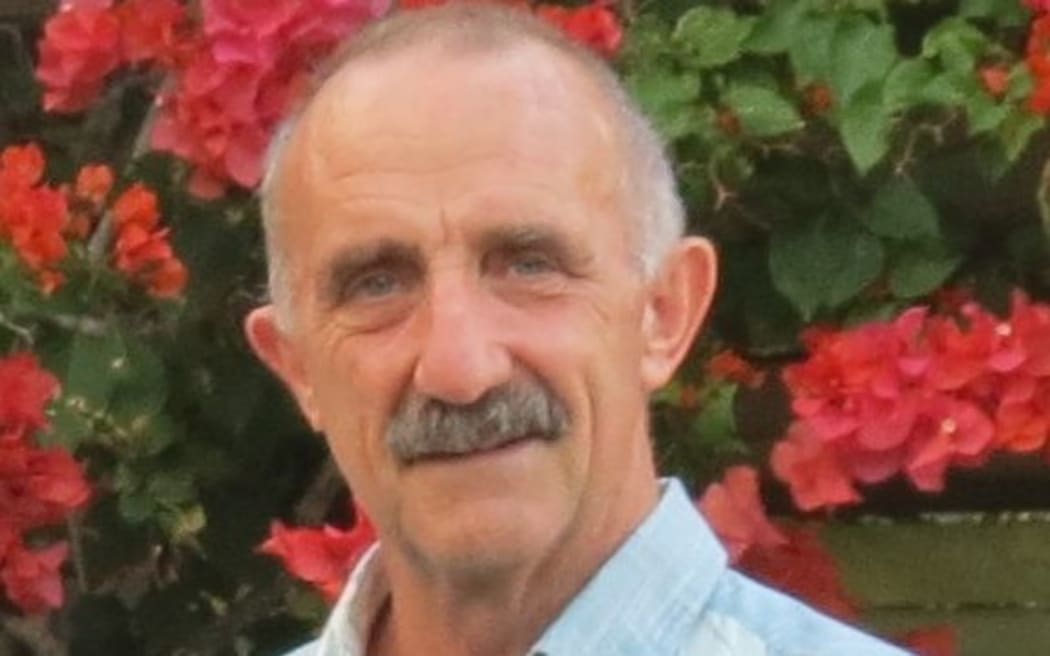Tāngata whenua are backing a new rates model introduced by the Far North District Council which they say gives multiple-owners of Māori land a fair rates system for the first time.

John Carter. Photo: Leonie Carter
They want to see the system replicated in other councils throughout New Zealand where there is multiple-owned Māori land.
The board which represents Māori in Auckland said tāngata whenua are too encumbered and restricted by current law to develop their land and pay rates, and is calling for change.
Figures obtained by Te Manu Korihi from Te Puni Kōkiri show Māori landowners owe the Far North District Council nearly $30 million, two thirds of its outstanding rates arrears, while six other district councils' range from 55 to 83 percent.
The agency says the figures showing the rates arrears on Māori land were collected in January 2014 so are likely to have changed since then.
- The Wairoa District Council is owed $2,043,875 - 83 percent of its total rates arrears.
- The Opotiki District Council is owed $2,489,863 - 82 percent of its total rates arrears.
- The Wanganui District Council is owed $2,134,837 - 64 percent of its total rates arrears.
- The Western Bay of Plenty District Council is owed $4,417,353 - 63 percent of its total rates arrears.
- The Gisborne District Council is owed $3,800,000 - 55 percent of its total rates arrears.
The Far North District Council's mayor, John Carter, said under the new model previous rates debt was written off and rates were recalculated so that the block of land owned by many people is rated in the same way as single owners.
The Independent Māori Statutory Board's chair, David Taipari, said other councils could learn from the mayor's blueprint.
"It's an opportunity for everyone around New Zealand to work together to create policies that will assist each other but ultimately Māori want to be able to develop their land but they're so encumbered and restricted to do so that Local Government has to review a raft of policies that it has."
David Taipari believes local government should work more closely with Māori.
"Right across Aotearoa Local Government needs to be working with Māori landowners in developing policy and provisions that are unique to that region and unique to the land that they're talking about. Māori land in Auckland city is not the same as Māori land in rural settings so again, those provisions need to be taken into account.
"From the Independent Māori Statutory Board point of view in Auckland, we are looking to do some review on policy ourselves and promote better policy for Māori freehold land."
Under current law, the Far North District Council, as with other councils, is able to charge more rates on multiple-owned Māori land compared to individual landowners.
Even the government acknowledged there was an issue.
The Ministry of Māori Development,Te Puni Kōkiri, in a letter to Te Manu Korihi warns owners of that land face a unique set of challenges, such as multiple ownership and restrictions on sale.
An executive, Di Grennell, said there were barriers to owners of Māori freehold land paying rates.
"They often face difficulties in developing their land or selling it to someone who can, leading to it being unused.
"The current ratings valuation system doesn't reflect the limitations linked to owning Māori land and the multiply-owned nature of Māori land can result in difficulties to collect payments from all of the landowners concerned, many of whom cannot be contacted."
The Labour Party MP for Te Tai Tokerau, Kelvin Davis, said the Far North District Council's rates model could be applied effectively in areas where multiple-owned Māori land is a large percentage of the total rates arrears.
"If it will work in the Far North it'll work anywhere and this is a transferable solution that should be looked at by all councils and in particular those with multiply-owned Māori land. I think it's a great start to this resolution of rates not being paid."
The president of Local Government New Zealand, Lawrence Yule, said councils were operating within the law to claim rates on those properties even if they're under-utilised, or not utilised at all.



